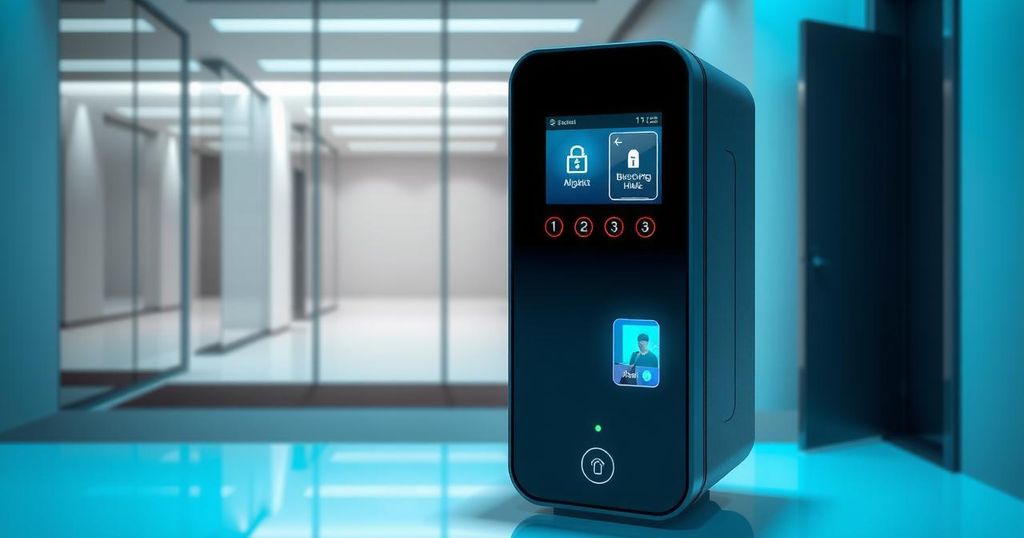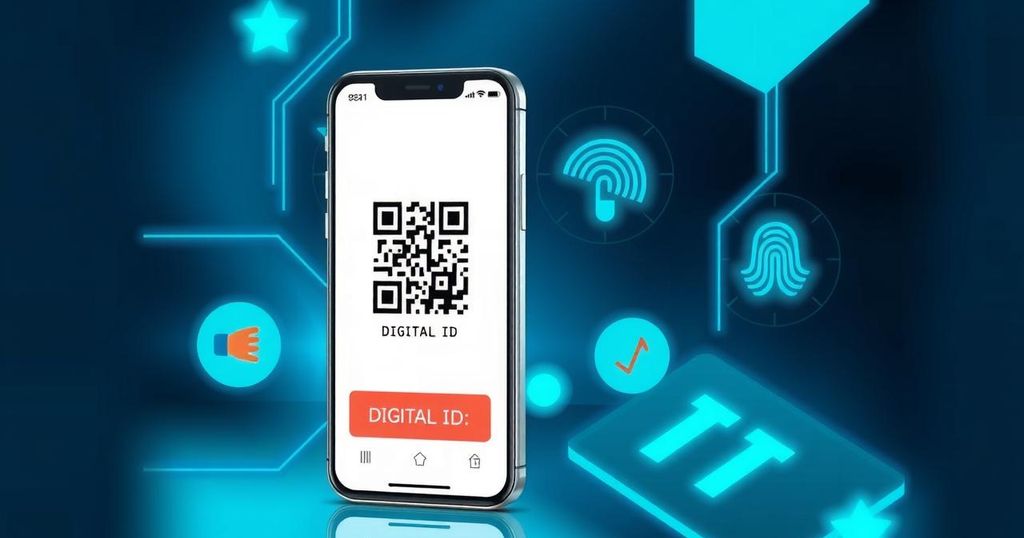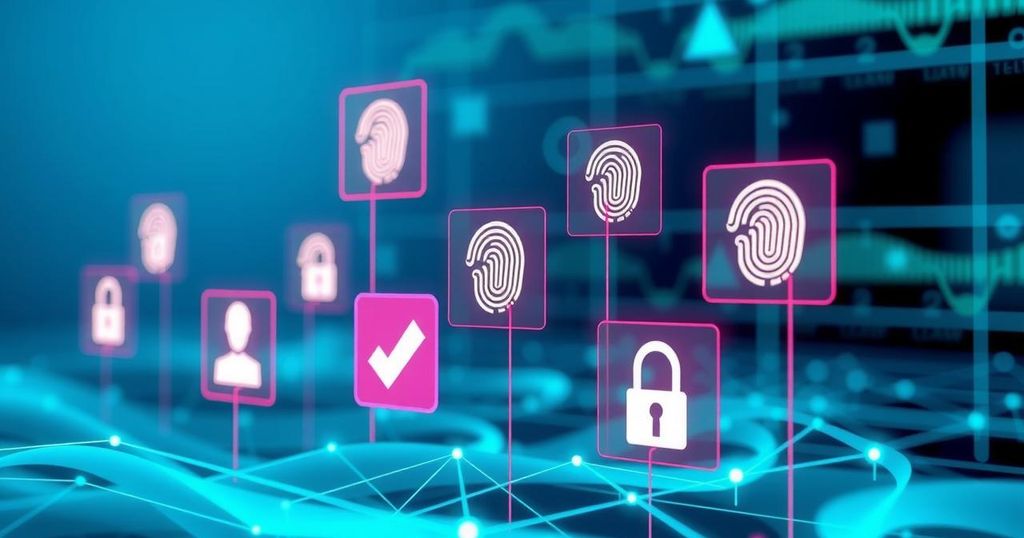The Philippine Postal Corporation has launched a postal identity card to help citizens verify their identities and addresses. This card acts as an official ID featuring personal details and a QR code. It aims to facilitate KYC compliance, improve mail delivery, offer merchant partnerships for discounts, and explore digital banking opportunities for the unbanked population.
The Philippine Postal Corporation (PHLPost) has introduced a new postal identity card aimed at facilitating identity and address verification for citizens. This ID is characterized as an official government-issued document featuring the holder’s full name, residence, birth date, signature, and a QR code for authenticity verification. Postmaster General Luis Carlos highlighted its significance for compliance with Know Your Customer (KYC) guidelines, addressing the common issue where other IDs fail to verify local addresses. To enhance accessibility, the postal ID will be delivered directly to users, supported by mobile enrollment services. This initiative aims to improve mail and parcel delivery accuracy while providing holders with benefits from partnerships with over 150 merchants, including discounts and freebies. Plans are in place to expand this network further. Furthermore, the postal ID is being evaluated for potential usage as a digital banking tool, which could assist in addressing the financial inclusion gap faced by approximately half of the unbanked population in the Philippines. Carlos emphasized that the postal ID is recognized by various global institutions, thus underlining its credibility.
The introduction of the postal identity card by PHLPost represents a strategic effort to enhance identity verification methods in the Philippines. This initiative is particularly relevant considering the country’s ongoing struggles with unbanked populations and the necessity for reliable identification. The focus on KYC compliance aligns with global standards that require institutions to verify customers’ identities to prevent fraud and enhance service delivery. The integration of digital features, such as QR codes, indicates a step towards modernizing identification systems, which could facilitate access to various services, including banking.
The launch of the postal identity card by PHLPost signifies a crucial step towards enhancing identity verification processes in the Philippines. By addressing KYC compliance issues and providing benefits to users, the initiative aims to improve not only the accuracy of mail deliveries but also the financial inclusion of unbanked citizens. The strategic partnerships with merchants and potential for digital banking functionalities further underline the transformative impact of this postal ID initiative.
Original Source: www.biometricupdate.com






